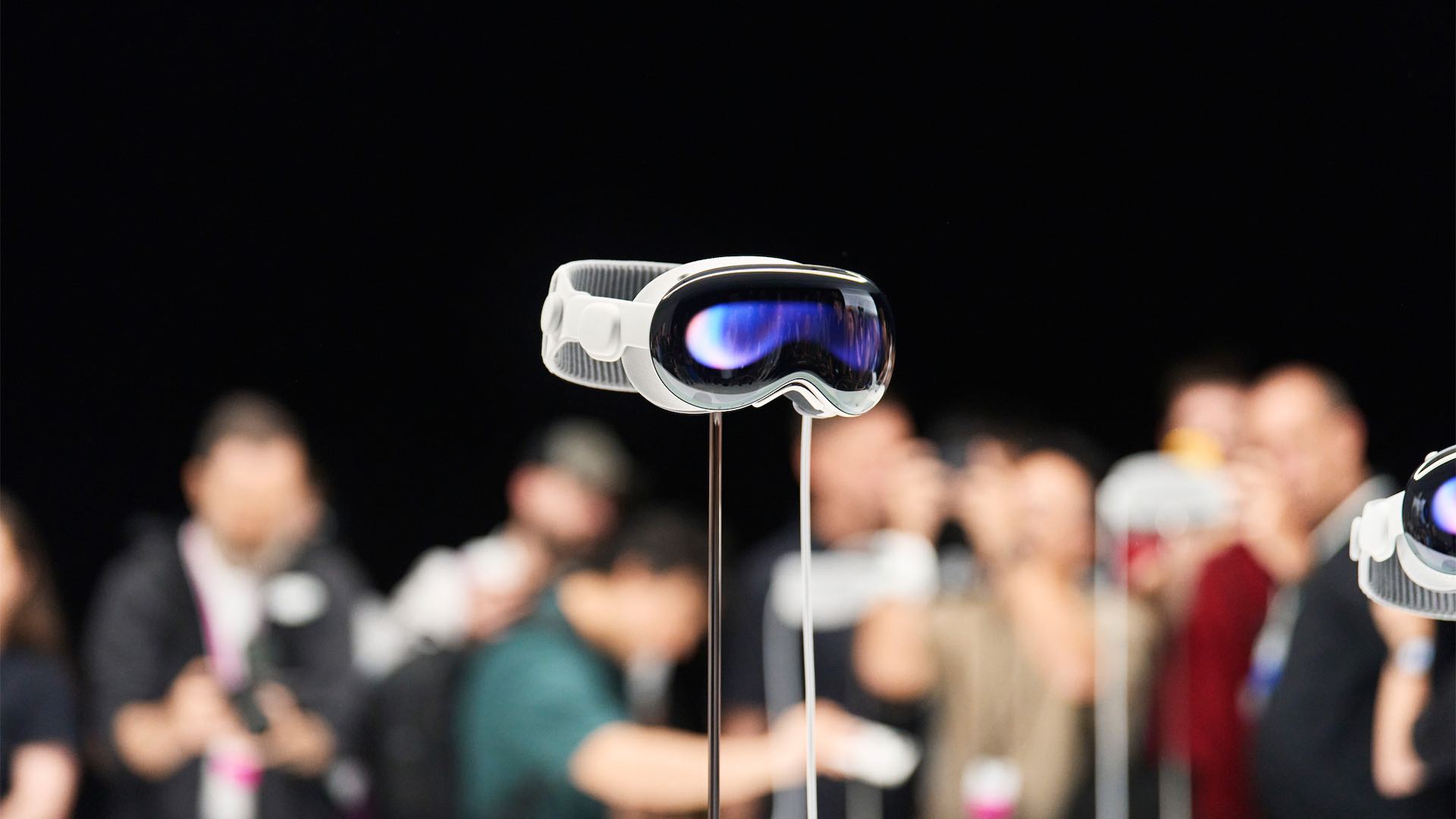Apple CEO Tim Cook announced during his appearance at the China Development Forum in Beijing that the company’s highly anticipated $3,499 mixed-reality headset, the Vision Pro, will be hitting the Chinese market later this year. This move marks Apple’s expansion of its latest innovative product into one of the world’s largest consumer markets. Cook’s announcement was made public through a video posted on Chinese social media platform Weibo by CCTV Finance and was later confirmed by reputable news outlets including CNBC and Reuters.

The decision to launch the Vision Pro in China underscores Apple’s commitment to tapping into the growing demand for immersive technology in the region. In China, Apple will encounter competition from established players in the virtual and augmented reality headset space, such as Pico, a VR company owned by TikTok parent ByteDance. This competitive landscape highlights the challenges Apple may face in gaining market share and establishing its presence in the Chinese market.
The Vision Pro made its debut in the United States in February amid much anticipation and fanfare. However, its launch was not without challenges, as major content providers like YouTube, Spotify, and Netflix announced they would not be developing new apps for the headset. Additionally, some early adopters expressed dissatisfaction with the product, with reports surfacing on social media of users returning their headsets shortly before the expiration of Apple’s 14-day return period.
Tim Cook’s visit to China comes at a critical time for the tech giant, as it grapples with declining iPhone sales in the country. According to a report by Counterpoint Research, iPhone sales in China experienced a significant 24% year-over-year decline in the first six weeks of 2024. Analysts attribute this decline to various factors, including unusually high sales during the same period the previous year driven by production issues in December 2022.
In addition to facing challenges within its own product lineup, Apple also faces stiff competition from Chinese tech companies like Huawei, which have been aggressively expanding their market presence. Huawei’s recent resurgence in smartphone sales, fueled by the release of new models, poses a direct threat to Apple’s market share in China. Furthermore, Apple faces pricing pressures from competitors such as Oppo, Vivo, and Xiaomi, further intensifying competition in the Chinese smartphone market.
Despite these challenges, Apple remains committed to expanding its presence in China and capitalizing on opportunities presented by the region’s growing consumer market. The launch of the Vision Pro headset in China represents a strategic move by Apple to diversify its product offerings and appeal to tech-savvy consumers seeking immersive experiences. As the company navigates the complexities of the Chinese market, its success will hinge on its ability to adapt to local preferences and compete effectively against both domestic and international rivals.
